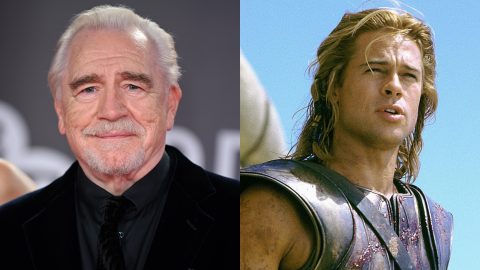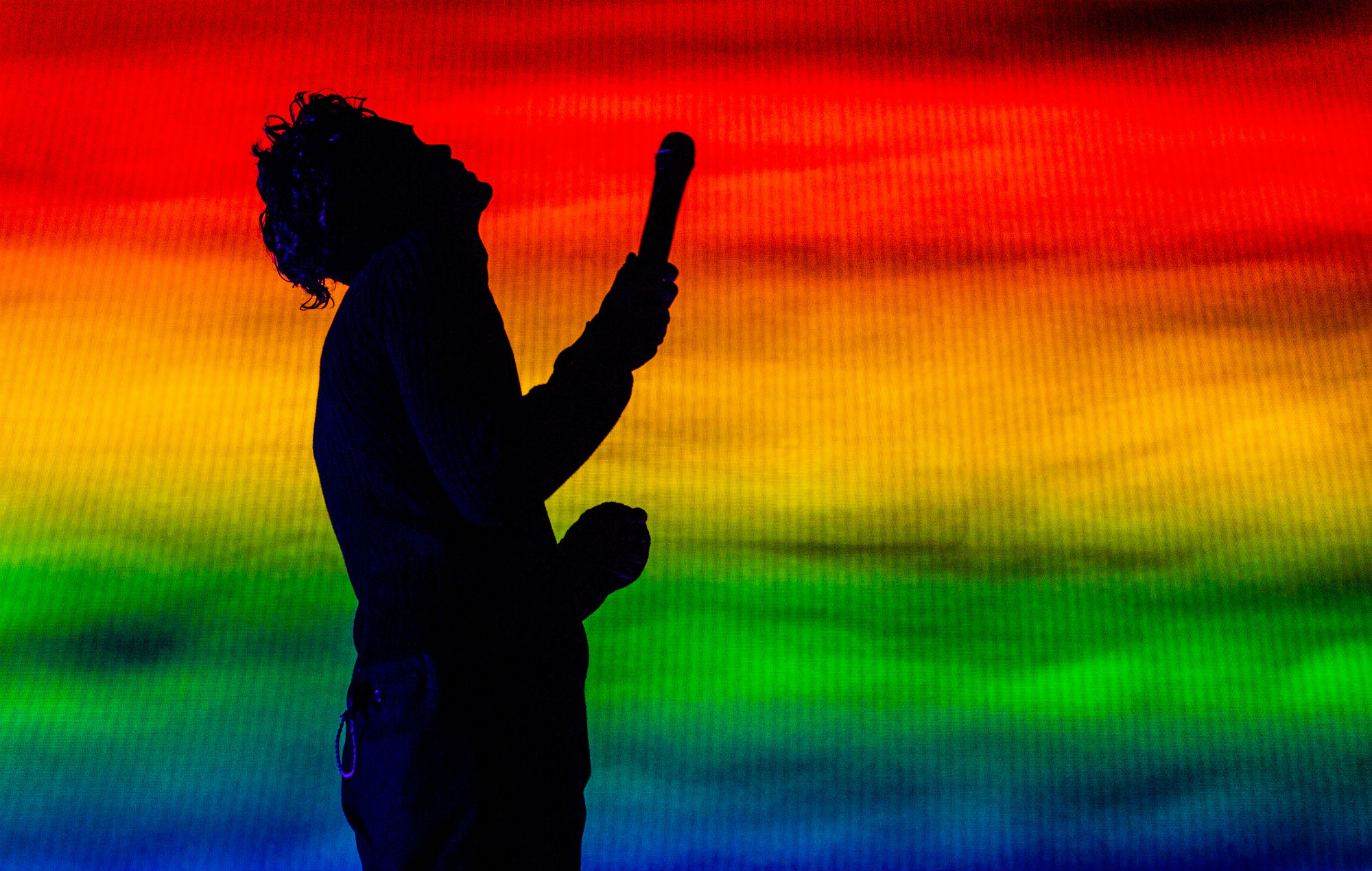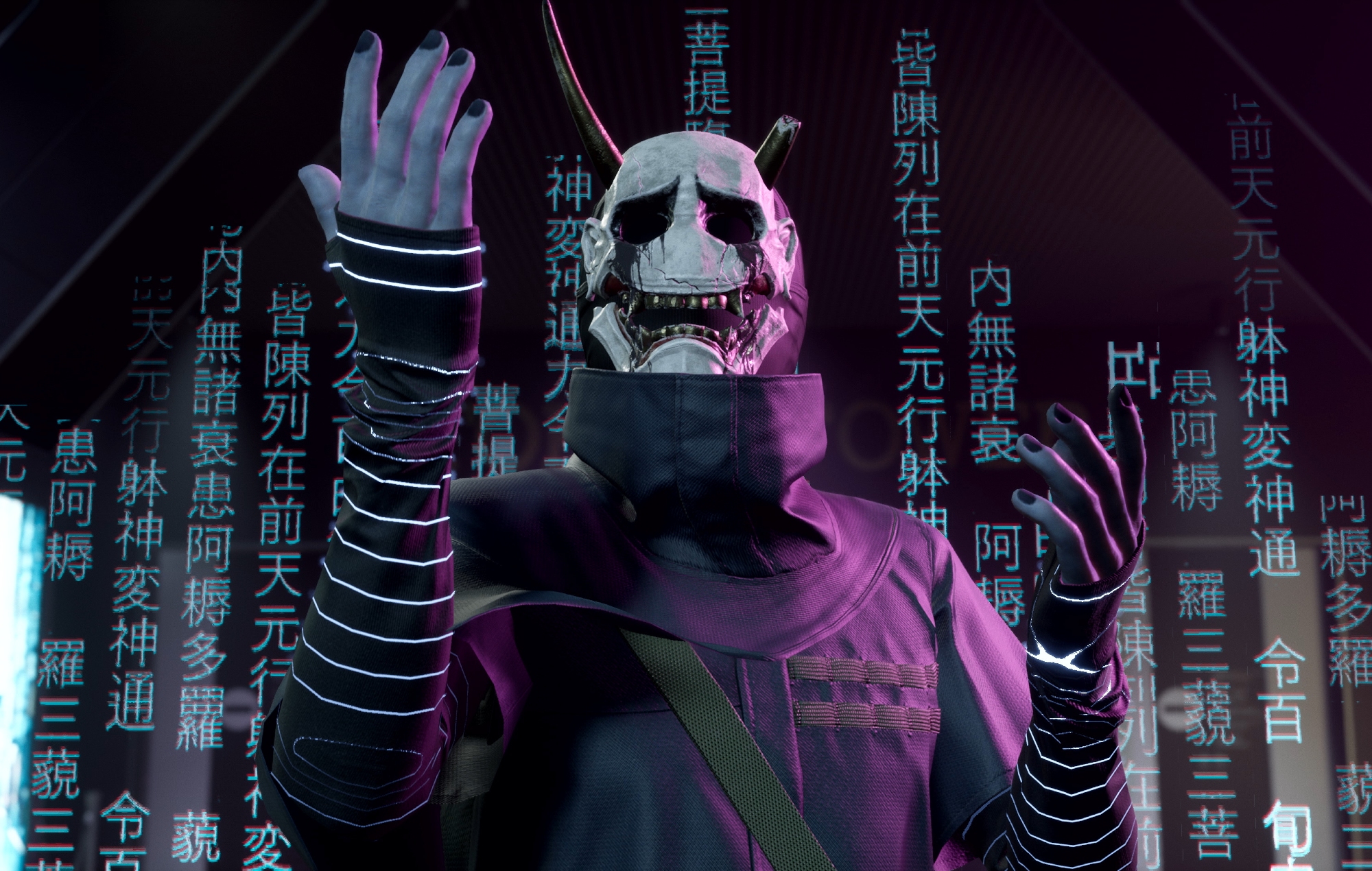
Rock The Spacebar is a twice-monthly column investigating the great music that underpins your favourite games. This week, Dom Peppiatt chats to Kristofer Maddigan, composer of Cuphead and The Delicious Last Course, about Fantasia, recording with a 50+ piece orchestra, and how important music is to the overall effect games have on people’s minds.
Cuphead, already, has made a name for itself. The indie title – which was seemingly in development for eons before its launch in 2017 – caught the eye of animation and gaming fanatics the world over. The elevator pitch for the game seemed so unlikely, so resolutely impossible, that very specific kinds of enthusiastic nerd around the world sat primed, waiting, for what promised to be a game unlike any other.
- READ MORE: ‘Spyro the Dragon’, PlayStation, and The Police: The unlikely story behind a PlayStation classic
Just like its inspirations, Cuphead is subversive and surreal – whether its rubber-hose animation based on the work of Fleischer Studios and early Disney cartoons, or the something’s-not-quite-right-here narrative of two naive cup-headed brothers wandering blindly into a deal with the devil himself, you can tell the game holds deep and significant respect for the weird and wonderful world of media in the 1930s.
But where the developers were inspired by Japanese wartime propaganda films and age-old cartoons watched on grainy VHS tapes, the composer – one Kristofer Maddigan – took his inspirations from more recognisable areas: from popular music of the 30s and 40s. The original Cuphead OST featured nearly three hours of original jazz, early big band, and ragtime music, and for the DLC – or The Delicious Last Course, if you will – “didn’t want to do more of the same”. No, for this, he wanted to go deeper. Bigger. Dare I say, better.
“While there is technically ‘less’ music duration-wise in The Delicious Last Course, what is there is often much richer and fuller than what is heard on the original OST,” Maddigan tells me. “The full 50+ piece orchestra is obviously a big part of that, but even the big band – which could be considered the ‘core’ of the Cuphead sound – is larger than last time.”
The result is a sound that is richer and fuller than what you would have heard in the base game – and that suits the DLC just perfectly. Because, coincidentally, the animation runs parallel to the music: there are as many animations in the DLC as there are in the base game. Between shifting bosses, arenas that evolve as the fight progresses, and all the detail that’s been pumped into new playable character, Miss Chalice, the DLC isn’t just some cheap tack-on horse armour. It’s a game in its own right.
“There are almost three times as many musicians involved in the Delicious Last Course as in the original game, and I think it shows in the depth of the sound,” Maddigan explains. “Much of this can also be credited to Jeremy Darby, our incredible recording engineer, who managed to record this while still maintaining small, Covid-safe groups in multiple studios over many sessions. This soundtrack would have been a challenging proposition without having to deal with a pandemic, let alone during one.”

The original score was already breathtaking; whether you want barbershop, ragtime, big band, jazz, or anything in between, it had you covered. Cuphead won the BAFTA Games Award for Music in 2018, and rightly so – even a cursory listen will put you in mind of Duke Ellington or Count Basie, but always with something else percolating just beneath the surface. Playing through the DLC, and listening to the soundtrack outside of it, it’s safe to say Maddigan has made lightning strike twice.
“I didn’t really want The Delicious Last Course to be exactly ‘more of the same’,” he tells me when I ask how he ‘plumbed the depths’ for more inspiration after cranking out nearly 180 minutes of rich music for the base game. “I knew after the first game that there were still some areas I wanted to explore – like the early Hollywood/early Disney sound – but it wasn’t until really digging in and exploring different musical avenues that a lot of the soundtrack began to take shape in my mind.”
Maddigan explains that, musically, Studio MDHR goes a little bit more into the 1940s in The Delicious Last Course than it did on the base game – something mimicked in the animation style, too. “Listening to some of the great RPG OSTs (Final Fantasy VI through Final Fantasy IX come to mind), there are often many different musical styles over the course of the game,” says Maddigan. “So I kind of tried to compose as if I were creating a much larger sound world. In a sense, I was trying to add my own element of ‘depth’ to the story.”
And it’s not just game music that Maddigan is drawing on to make DLC work so well, not by a long shot. Both the composer and the game’s producer, Maja Moldenhauer name-dropped Fantasia in my preview sessions, and that was something I was keen to follow-up on. Where Moldenhauer noted the studio “strives for hitting that Fantasia-like quality” – for Maddigan, the comparison goes deeper than matching visual style.

“On a more technical level, it strikes me that [Fantasia] is something more related to a lot of games that aren’t Cuphead,” he explains. “In many cases, composing for interactive media now requires a wildly different approach than traditional film scoring; the music has to be thought of vertically as well as horizontally, how the music will react and layer in a real-time relation to the player’s progress. The music and the visuals are much more obviously linked.
“With Cuphead, we didn’t feel that that was the right route to go, and instead felt that more standard song forms following a more linear progression would be more appropriate and feel more accurate to the game’s aesthetic. Within that linear song form realm though, one thing that was different with the DLC compared to the base game is that the first time around I was just trying to write as many tunes as possible, and then we often matched them up with a boss later in the progress.”
Phantom Express – a boss level from the base game – is a good example of this process in action. Studio MDHR said to Maddigan that the tune would work well for the train, so the composer went back and added more ‘train’-like sounds – but the genesis of that tune came before seeing that boss.
“In the case of the DLC, with only a couple of exceptions where I had a riff that didn’t get fleshed out for the main game, every bit of music was written for the specific boss/stage/map, etc. More thought went into matching the music to the visual this time around. The music still doesn’t ‘mirror’ the action, but in my opinion is often a more appropriate fit to the setting.”
Cuphead is one of those games where you’ll play it, maybe finish it (maybe not, it’s rock hard and inspired by run-and-gun titles from the 8- and 16-bit era – which aren’t known for being generous to players), and then listen to it ad infinitum thereafter. Maddigan and Studio MDHR know this, too: the OST is available in FLAC and MP3 320 kbps formats, as well as (good quality) vinyl pressings, too.
Cuphead, undoubtedly, wouldn’t have enjoyed the success it has without the music – it’s a core part of the overall homage to past media. It’s integral to a player’s enjoyment of the game, to the way players understand the world, even to the player feeling like they’re immersed in a state of flow. The game wouldn’t be what it is without the music – just as Fantasia wouldn’t be what it is without its animations.
“I like to think that a good part of what people like about Cuphead is the music, yes, but it is certainly in conjunction with the other aspects of the game,” Maddigan explains. “Even if the gameplay and sound did not live up to the visuals, Cuphead would have likely been at least somewhat successful, as a visual curiosity if nothing else. The fact that the game is actually fun, plays great, and that people seem to like the soundtrack, these are all factors that work together to create something larger, something that oozes love and personality, and that resonates with a lot of players.

“There is something very honest about Cuphead, and the player doesn’t have to live in that world very long to feel the care and respect that went into the game. I feel that it is the combination of visuals, gameplay, and music/ sound effects working together that creates something greater.”
Cuphead, like Final Fantasy and Fantasia before it, is an ode to the ever-evolving relationship between visuals and music – a love letter to the inexorable link between them. Even if you don’t fancy the challenge, Cuphead and The Delicious Last Course is absolutely worth playing: there’s nothing else in this world quite like it.
Cuphead – The Delicious Last Course launched on June 30 for PS4, PS5, Xbox One, Xbox Series X|S, Nintendo Switch and PC.
The post ‘Cuphead’ and ‘The Delicious Last Course’: How Fantasia and Final Fantasy collide in this stupendous OST appeared first on NME.






